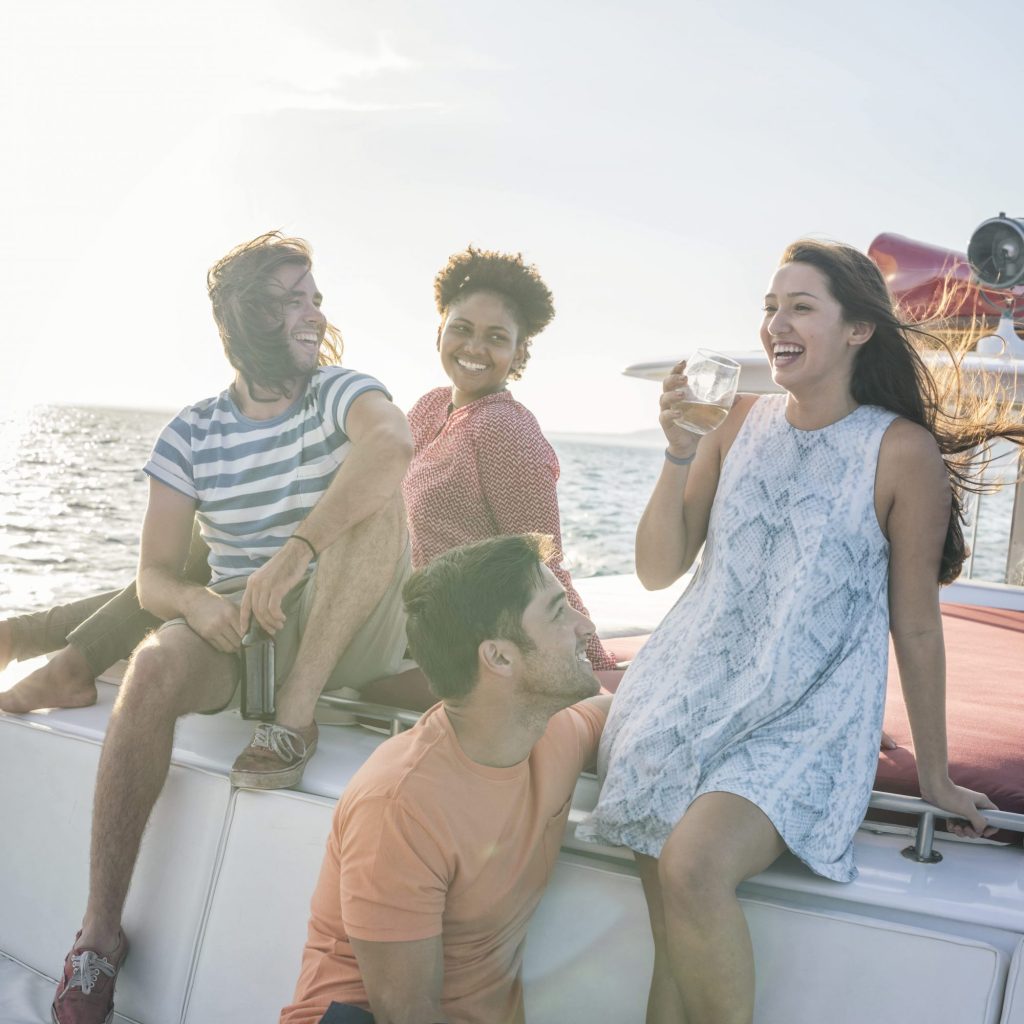The past few months have been an experience I never expected to have. As the COVID-19 pandemic swept across the world, it turned all of our lives upside down. From reading the news and browsing social media, we are all trying our best to understand this crisis and learning what we can do as individuals to help.
However, for many Americans, the gravity of the novel coronavirus has not quite clicked. Since there are still people who are lucky enough not to be personally affected by the severe cases, it is easy for them to develop a false sense of security. And as the economy begins to reopen, this feeling becomes even more validated. Trust me, I get it. I also fell victim to this mentality. But then the virus paid me a visit.
My experience with the coronavirus began around February, when I was studying abroad in Prague. As travel plans began to be disrupted and daily life slowly started to change, it was clear that we were facing a real crisis. My program unfortunately came to an end in early March, and we were sent back home to shelter in place with our families.
Related: Experts Say We’re Still in the First Wave of the Coronavirus Pandemic – Here’s Why
This is when the fear surrounding the coronavirus truly began. With so many questions and so much uncertainty, I began to feel anxiety and uneasiness about the way the world was changing around me. I remember panicking that the flight attendants would think I had the virus and banish me to isolation. It was almost as though the fear of being quarantined was worse than the fear of actually having COVID-19. This sense of fear continued to climb as the media reported staggering numbers and government-enforced lockdowns became increasingly extreme.
Then, when summer hit, things began to change. As states entered their next phases and began to open up, many Americans collectively – and often without outwardly saying it – decided that we could let go of some of our fear. As state restrictions were loosened, so were the restrictions we had placed on ourselves as individuals.
As young and healthy 21-year-olds, it was easy to feel that we were invincible.
In June, my friends and I decided to go back to our college town of Madison, WI. The excitement of seeing each other again combined with the buzz of restaurants and bars reopening was almost blinding. If the economy and the world around us were on their way to normalcy, the pandemic must have been improving, right?
As young and healthy 21-year-olds, it was easy to feel that we were invincible. Despite what we had heard in the news, seeing everyone out and about and restaurants bustling again gave us that false sense of security. A few weeks after arriving back at school, we decided to take boats out on the lake for a friend’s birthday. That’s when we caught the virus. What we had heard about for so long and suddenly felt so protected from finally infiltrated our group of friends and people began to test positive for the coronavirus.
Related: Why Indoor Workout Classes Are Risky For Coronavirus Transmission, According to a Doctor
Despite feeling completely healthy, we went to a drive-through testing center in the area in an effort to be extra safe and cautious. We stuck our heads out of the window, braced ourselves for the swabs, then we waited. Throughout the first few days of isolation, one by one, calls began rolling in confirming that we all had tested positive for the virus. It was the perfect example of you never think it’s going to happen to you until it does.
Now, there is a difference between quarantining and self-isolation. In quarantine, you can leave your home for essentials and go for socially distanced walks. However, isolation is a whole new ball game. Once you test positive, the guidelines to prevent the spread become much stricter. We did not exit our apartments once, and as we isolated, the reality of COVID-19 became more and more real. Luckily, my friends and I were living in a five-bedroom apartment as opposed to at home with our parents, and all but one of my roommates had tested positive. We kept ourselves entertained with movies and games while making sure to monitor our own and each other’s symptoms. I developed a headache and a sore throat, but I am fortunate that my symptoms remained mild. My friends had a similar experience, but not everyone is as lucky as we are.
We all have a responsibility to educate ourselves and learn to act for the greater good.
My experience taught me some valuable lessons. Most importantly, I have a better understanding of my own role as an individual within a society. We all have a responsibility to educate ourselves and learn to act for the greater good. As our states begin to open up, it is easy to let the excitement and positivity overshadow the fear. However, with the economy reopening, our responsibilities as individuals have increased. This is a global pandemic, and while we are each only one person, our actions have a domino effect on one another. So wear a mask, practice social distancing, wash your hands for at least 20 seconds, and do your part. Take it from me – this pandemic is very real.

